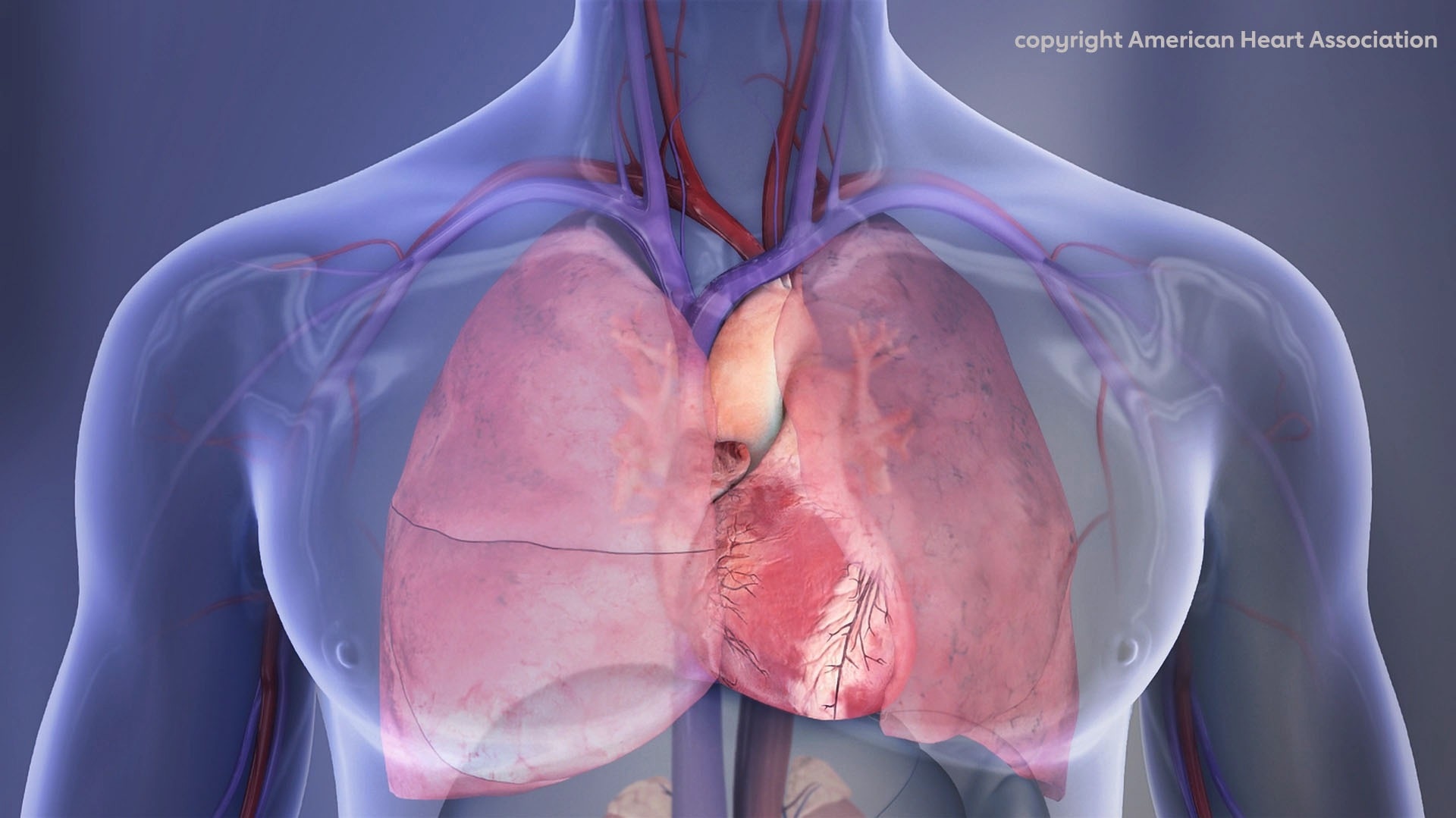A recent study to be presented at the American Heart Association (AHA) Scientific Sessions 2022* revealed unexpected changes in the electrical conduction system of the first genetically-modified porcine-to-human heart xenotransplant.
Xenotransplantation is the procedure of transplantation/implantation into a human of organs from non-human animal sources. The first pig-to-human heart xenograft was transplanted in January 2022 at the University of Maryland. The recipient survived for 61 days after receiving the xenograft. Research efforts have been underway for this xenotransplantation for over three decades.
Harvesting genetically-modified porcine hearts, the genes of which have been altered for safe transplantation into humans, would become a reality if successful. However, xenotransplantation of organs into a human carries several inherent challenges. With these transplant procedures, there is always the risk of graft rejection, infection, and abnormal heart rhythms.
 Study: EKG Appearance and Evolution of Baseline EKG-Characteristics in the Worldwide First Genetically Modified Porcine-to-Human Xenotransplant (“Pig Heart-in-Human Body”). Image Copyright: American Heart Association
Study: EKG Appearance and Evolution of Baseline EKG-Characteristics in the Worldwide First Genetically Modified Porcine-to-Human Xenotransplant (“Pig Heart-in-Human Body”). Image Copyright: American Heart Association

 *Important notice: Statements and conclusions of studies that are presented at the American Heart Association’s scientific meetings are solely those of the study authors and do not necessarily reflect the Association’s policy or position. The Association makes no representation or guarantee as to their accuracy or reliability. Abstracts presented at the Association’s scientific meetings are not peer-reviewed, rather, they are curated by independent review panels and are considered based on the potential to add to the diversity of scientific issues and views discussed at the meeting. The findings are considered preliminary until published as a full manuscript in a peer-reviewed scientific journal.
*Important notice: Statements and conclusions of studies that are presented at the American Heart Association’s scientific meetings are solely those of the study authors and do not necessarily reflect the Association’s policy or position. The Association makes no representation or guarantee as to their accuracy or reliability. Abstracts presented at the Association’s scientific meetings are not peer-reviewed, rather, they are curated by independent review panels and are considered based on the potential to add to the diversity of scientific issues and views discussed at the meeting. The findings are considered preliminary until published as a full manuscript in a peer-reviewed scientific journal.
The study and findings
In the present study, researchers performed a 12-lead electrocardiogram (ECG) during the postoperative period of the patient who underwent the first pig-to-human heart transplantation. The ECG data were obtained every day after the xenotransplantation. The researchers reviewed the following ECG measures: PR interval, QRS complex, and QT interval.
The ECG parameters of the “accepted pig heart transplant in the ‘pig body’” show short PR (50 to 10 milliseconds, ms) and QT (260 to 380 ms) intervals and short QRS (70 to 90 ms). However, the first ECG of the pig-to-human heart xenotransplant showed a relatively longer PR interval of 190 ms, QT interval of 538 ms, and QRS duration of 138 ms.
Prolonged intrinsic PR intervals were stable in the postoperative period with 210 ms. There was evidence of decremental intra-atrial conduction delay on day 12 post-transplantation (PR interval: 380 ms). QRS duration was prolonged but shortened in the postoperative course. High QT intervals (509 ms) persisted with dynamic fluctuations, with the lowest (428 ms) on day 14 post-transplantation.
Conclusions
The ECG of the pig-to-human xenograft revealed prolongation of the typical ECG measures in the donor that included changes in depolarization and repolarization. It was a novel finding that the pig heart in the human showed different ECG parameters compared to the commonly observed findings for native pig hearts.
The protracted ECG parameters persisted and showed dynamic changes in the postoperative period. These are the first insights into the evolving novel field of xenografts suggesting the complex interplay of porcine denervation and inter-species physiology besides the postoperative and medication-associated changes.

 *Important notice: Statements and conclusions of studies that are presented at the American Heart Association’s scientific meetings are solely those of the study authors and do not necessarily reflect the Association’s policy or position. The Association makes no representation or guarantee as to their accuracy or reliability. Abstracts presented at the Association’s scientific meetings are not peer-reviewed, rather, they are curated by independent review panels and are considered based on the potential to add to the diversity of scientific issues and views discussed at the meeting. The findings are considered preliminary until published as a full manuscript in a peer-reviewed scientific journal.
*Important notice: Statements and conclusions of studies that are presented at the American Heart Association’s scientific meetings are solely those of the study authors and do not necessarily reflect the Association’s policy or position. The Association makes no representation or guarantee as to their accuracy or reliability. Abstracts presented at the Association’s scientific meetings are not peer-reviewed, rather, they are curated by independent review panels and are considered based on the potential to add to the diversity of scientific issues and views discussed at the meeting. The findings are considered preliminary until published as a full manuscript in a peer-reviewed scientific journal.
Journal reference:
- Preliminary scientific report.
EKG Appearance and Evolution of Baseline EKG-Characteristics in the Worldwide First Genetically Modified Porcine-to-Human Xenotransplant (“Pig Heart-in-Human Body”), Calvin Kagan, Richard Sandeep Amara Muhammad Haq, Muhammad Mohiuddin, Susie N Hong-Zohlman, Manjula Ananthram, Charles C Hong, Vincent Y See, Stephen Shorofsky, Bartley Griffith, Timm Dickfeld, https://www.abstractsonline.com/pp8/?_ga=2.88375449.302185636.1662665149-988796826.1632509470#!/10611/presentation/10982